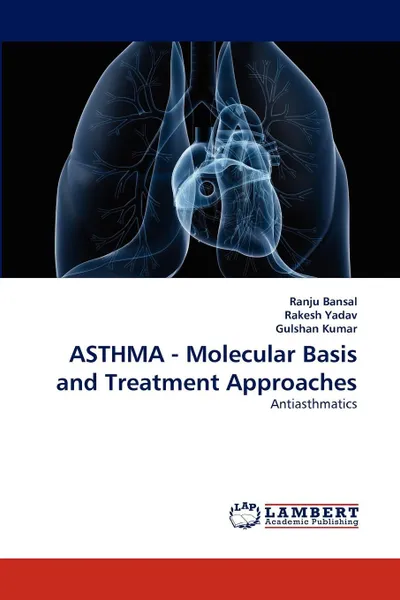Asthma - Molecular Basis and Treatment Approaches 12+
2011
60 страниц
Категория: Литература на иностранных языках
ISBN: 9783843391672
Язык: Английский
📓 Asthma remains a disease with clearly unsatisfactory therapeutics. With the mounting evidence in support of asthma being an inflammatory illness, anti-inflammatory agents have now become prerequisite for the long term management of asthma. Agents such as β2-agonists, antihistaminics, anticholinergics and inhalation steroids only treat symptoms and do not affect a cure to the underlying inflammation. On the other hand adenosine receptor modulators, selective PDE4 inhibitors, leukotriene modifiers and lipoxygenase inhibitors represent other therapeutic interventions with more targeted control by acting on different parts of immune system and the inflammatory processes. A combination of both of these approaches has been found to improve asthma control with a reduced dose of steroid. Development of PAF antagonists, thromboxane inhibitors, IL-4 modulators, antioxidants and anti-IgE are some of the cutting edge therapies, which offer better hope for asthma treatment. With many representative agents of each of these potential therapeutic targets, undergoing clinical studies, successful development of novel therapeutic agents in this field are not remote.
Мнения
